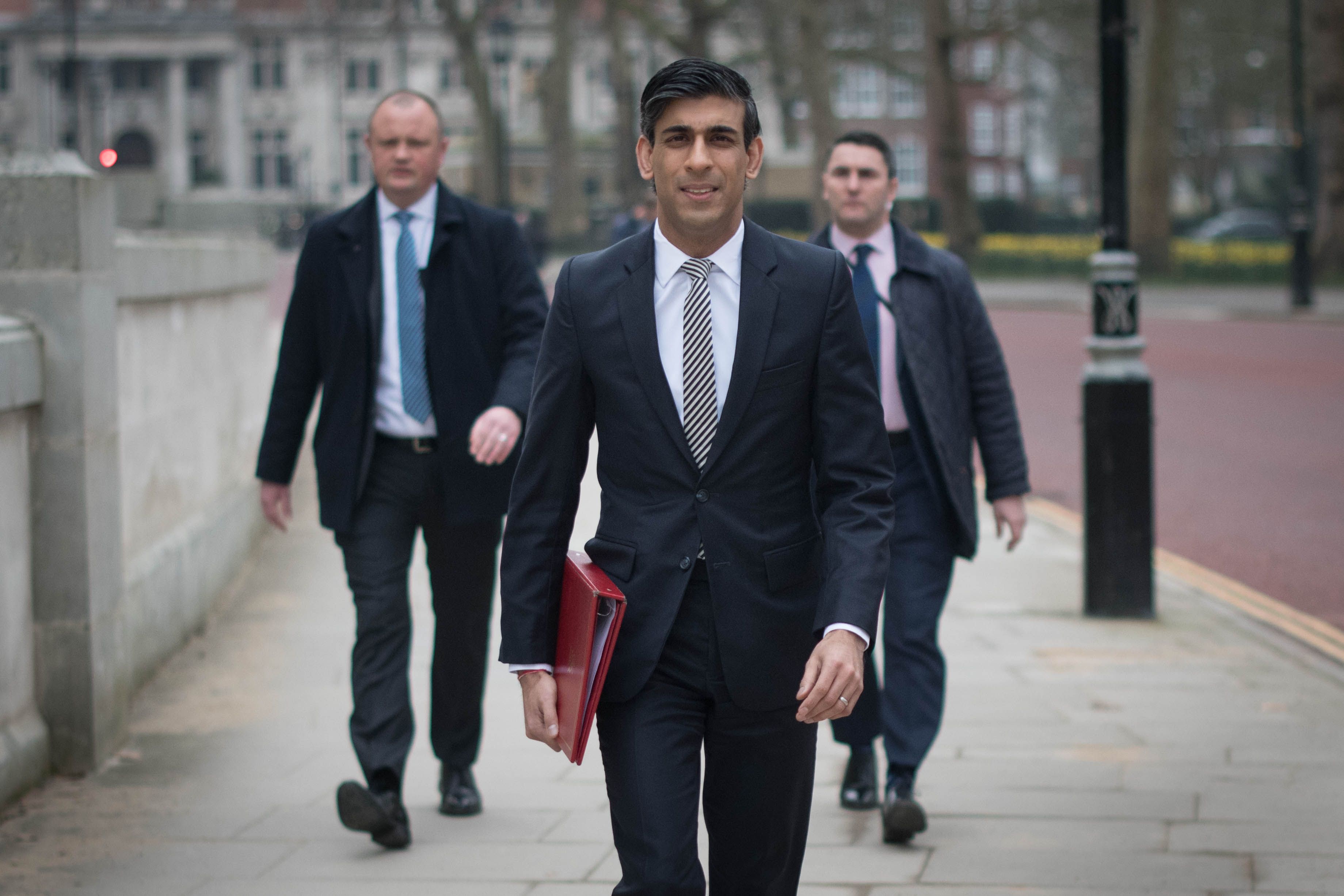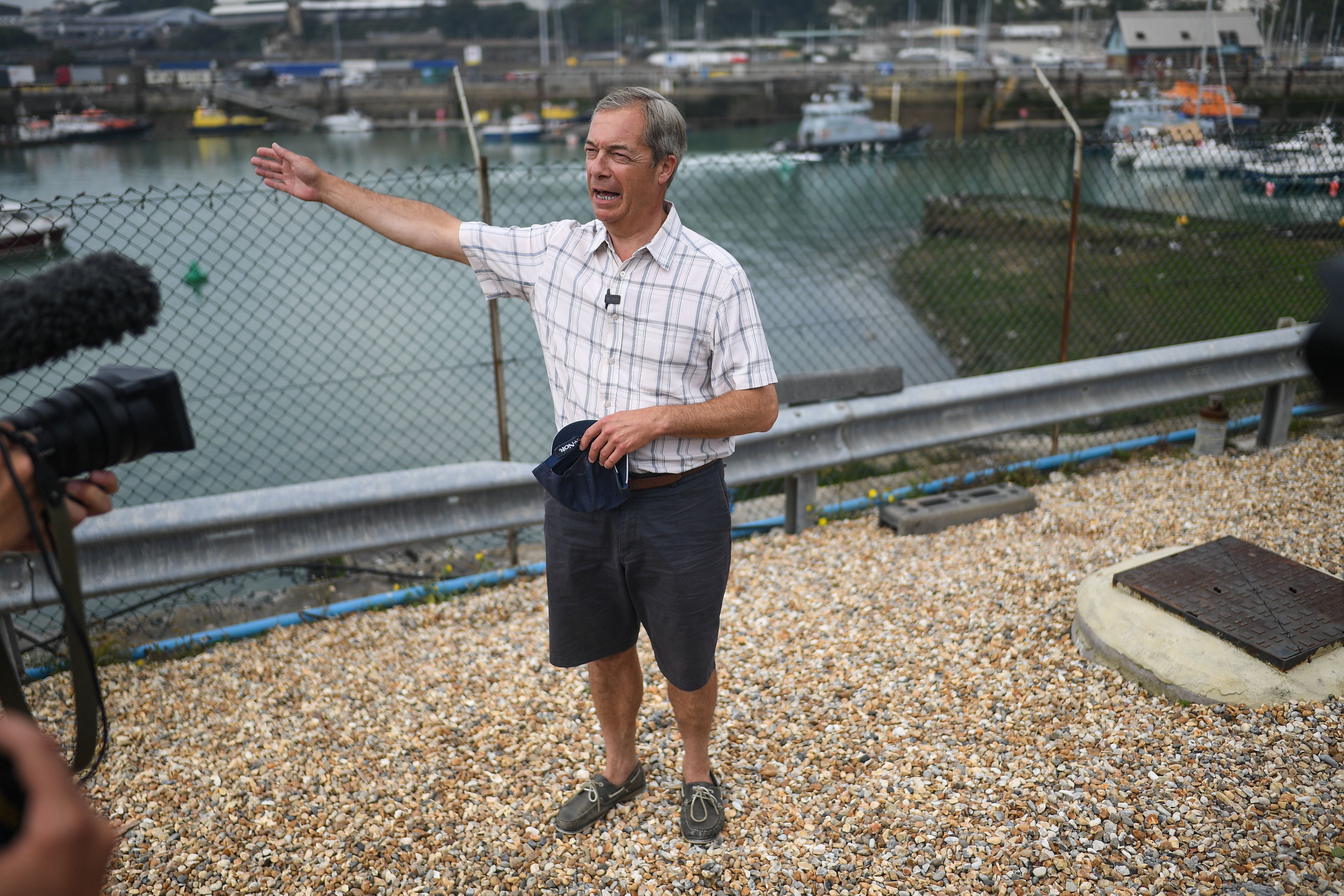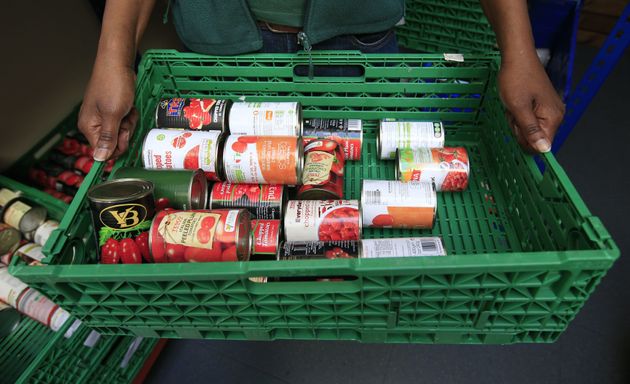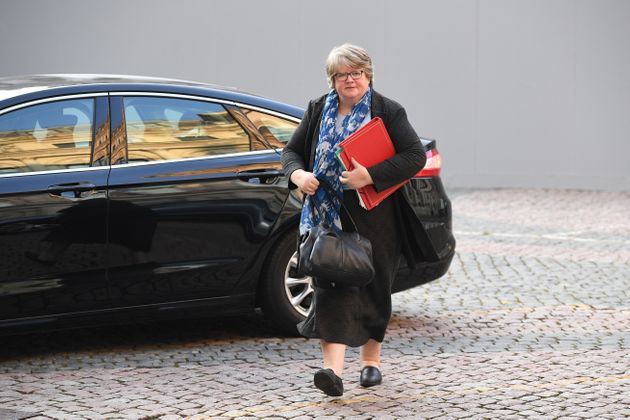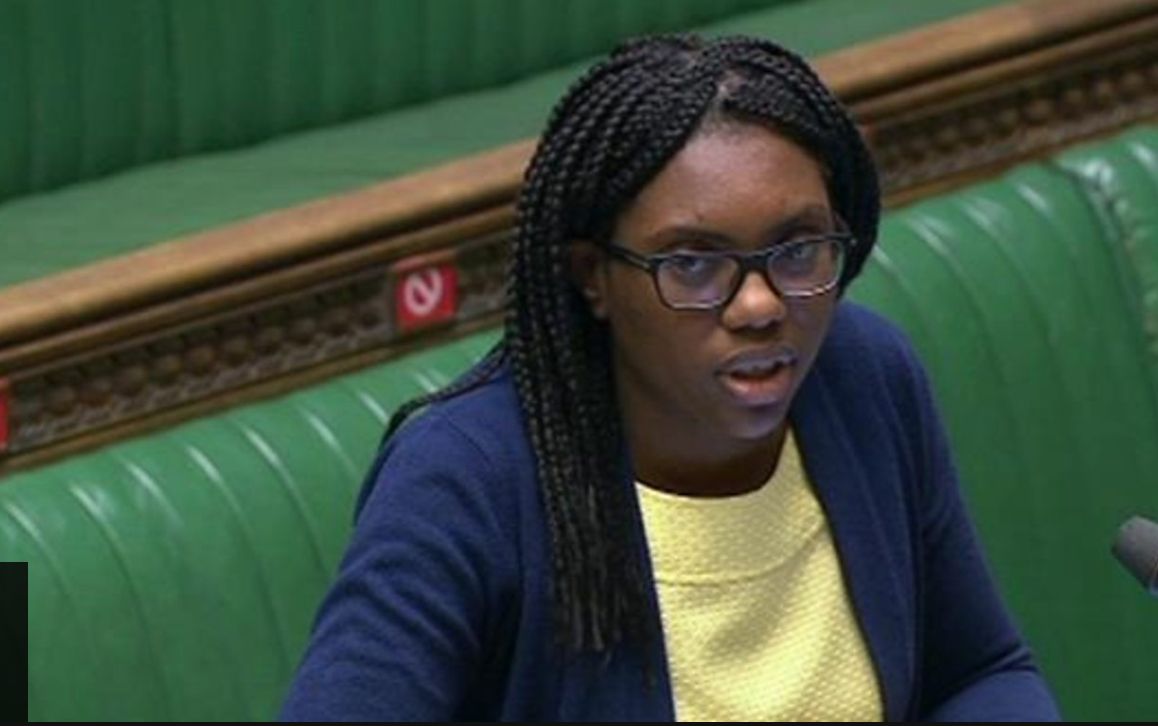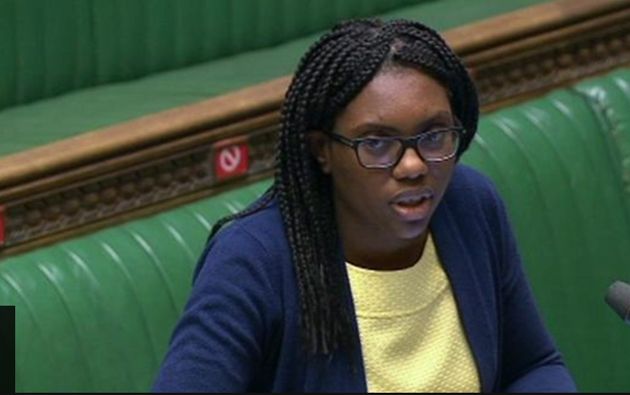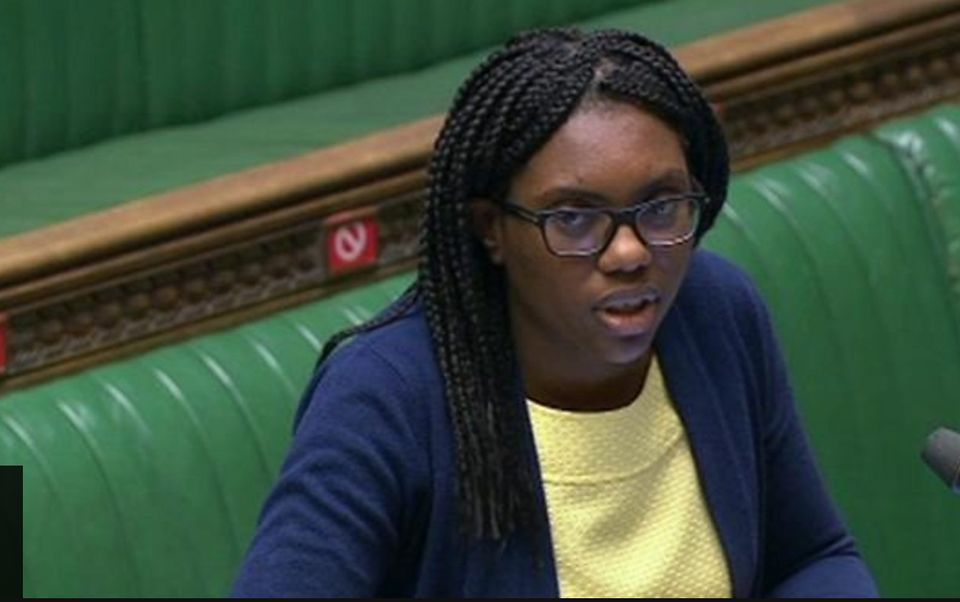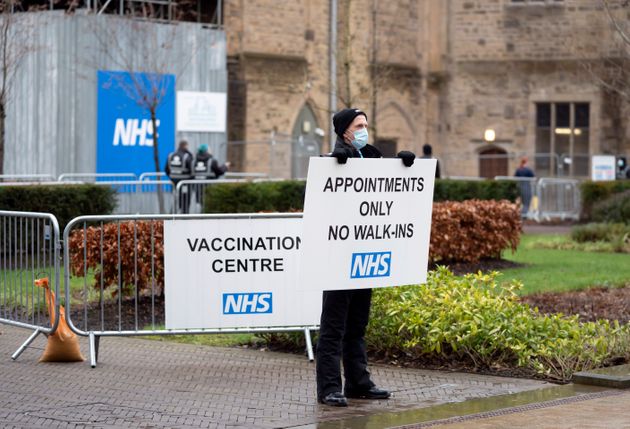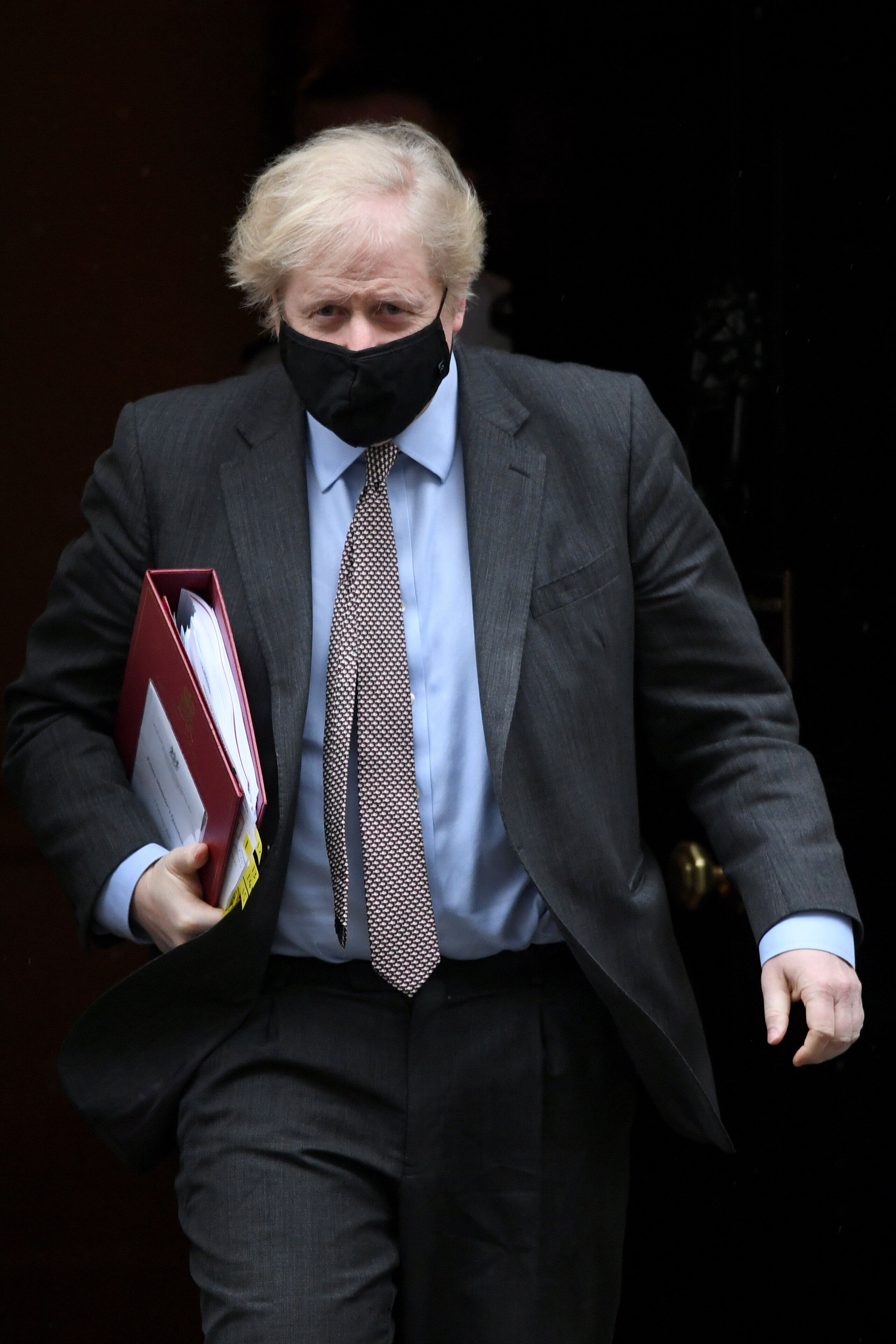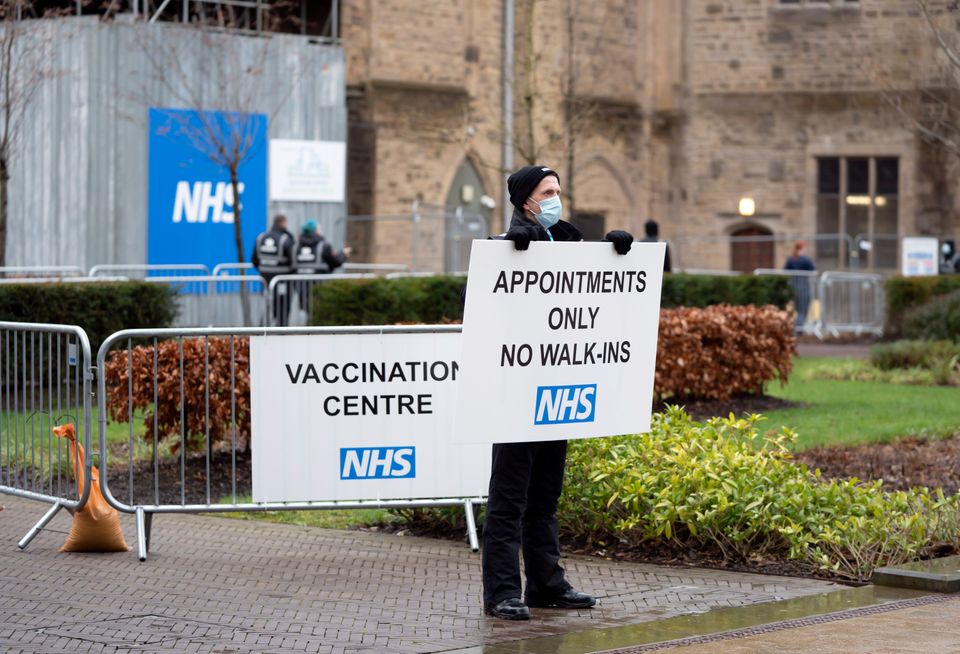Chancellor Rishi Sunak has unveiled a new “super deduction” for companies investing after the Covid pandemic.
Announcing his budget in the Commons, Sunak said when firms invest, his new policy would see them reduce their tax bill by 130% of the cost.
Sunak also revealed that the government will separately hike corporation tax on the profits of big business from 19% to 25% in April 2023, something which will make him unpopular with some low-tax Tory backbenchers.
But insisting that the UK will have a “pro-business tax regime” after Covid, he told MPs the new super deduction will unlock investment and specifically reward firms with bold expansion plans in the wake of the pandemic.
Though little detail is yet clear about the new policy, Sunak said in the Commons: “While many businesses are struggling, others have been able to build up significant cash reserves. We need to unlock that investment, we need an investment-led recovery.
Press Association
“So today I can announce the ‘super deduction’. For the next two years, when companies invest they can reduce their tax bill, not just by a proportion of the cost of that investment, as they do now, or even by 100% of the cost, the so-called full expensing some have called for – with the super deduction they can now reduce their tax bill by 130% of the cost.”
It is forecast to boost business investment by 10%, or around £20 billion extra per year, Sunak said.
Sunak said the corporation tax rise will come in from April 2023 and only apply to 10% of companies.
Smaller businesses with profits of £50,000 or less will be protected from the hike and will continue paying corporation tax at the current level of 19%, he said.
Sunak said it meant 1.4m business – around 70% of companies – “will be completely unaffected”.
The rise puts the UK above the EU average of 21.7% but remains below the US corporation tax level of 27%, though president Joe Biden has said he is looking to increase.
France’s rate is 26.5%, Germany has a rate at 30%, Canada at 26.5%, Japan at 30.62% and Italy at 24%, according to data from KPMG.
The chancellor also said a new UK Infrastructure Bank will be located in Leeds.
He told MPs: “The bank will invest across the UK in public and private projects to finance the green industrial revolution.”.

